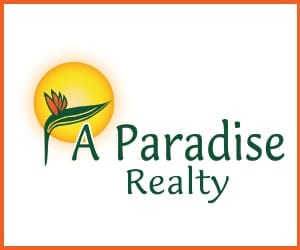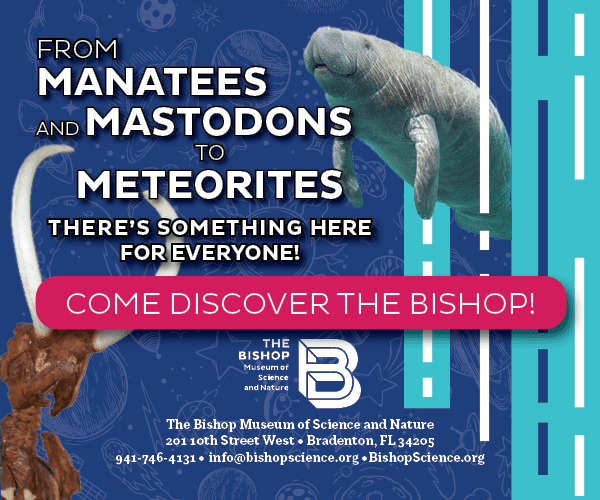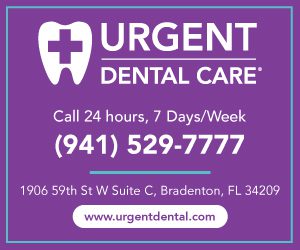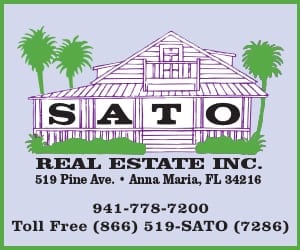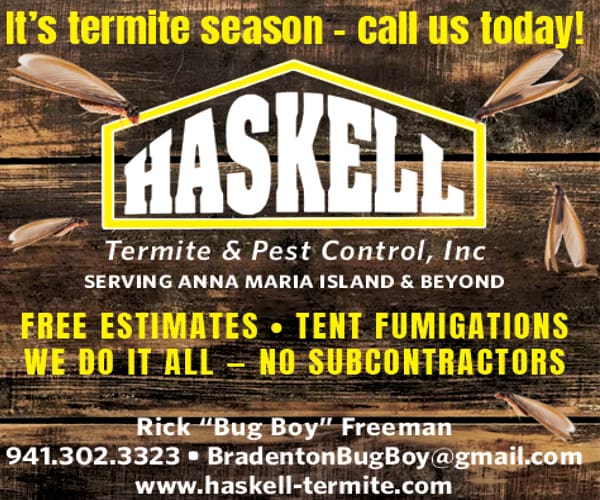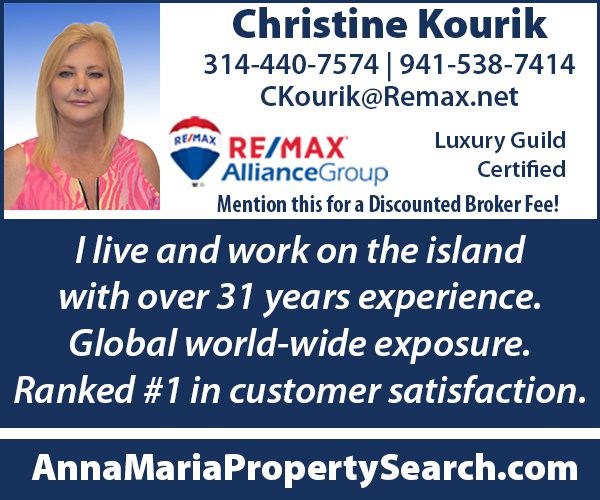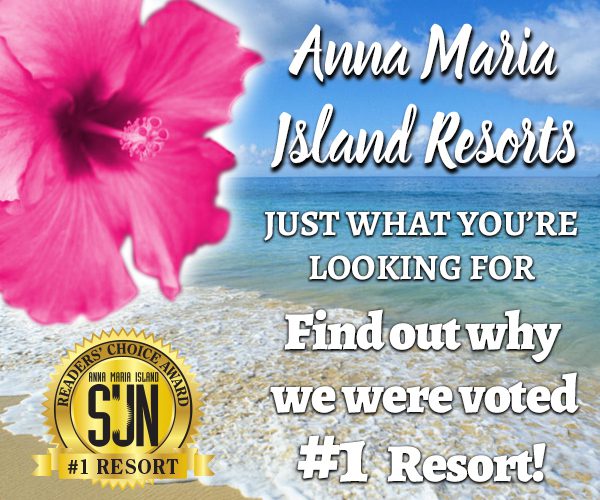Red tide; two words that nobody wants to hear but everyone needs to understand. The term is just the common expression of the much deeper problem best described as harmful algae blooms (HABs). Someone who owns a resort hotel, has a restaurant on or near the beach or runs a business that takes people fishing or sightseeing obviously depends on clean, healthy water for their livelihood. It’s easy for the average person to see that these businesses will be negatively affected by HABs or even the mere mention of them. What’s less obvious is that poor water quality and habitat loss (seagrasses, mangroves) affects everyone, from fishing guides to developers, realtors, builders and all the allied trades and suppliers they all depend on.
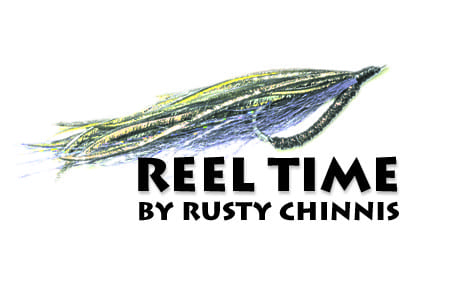 We seem to only focus on the things that directly impact us in the present, finding it easier to “kick the can down the road.” Maybe we should consider how we’ll feel when our children and grandchildren look us in the eye and ask, “What did you do to make sure I had some of the same opportunities that you did?”
We seem to only focus on the things that directly impact us in the present, finding it easier to “kick the can down the road.” Maybe we should consider how we’ll feel when our children and grandchildren look us in the eye and ask, “What did you do to make sure I had some of the same opportunities that you did?”
Things took a devastating turn five years ago with a massive and long-lived harmful algae bloom (red tide) that devastated coastal waters from Naples to St. Petersburg, rendering Sarasota Bay a virtual wasteland. Since that event, Sarasota Bay has lost more grass than had regrown in the prior 40 years.
On top of that, a release of over 200 million gallons of polluted process water from the legacy phosphate facility at Piney Point in late March 2021 led to the worst algae bloom in Upper Tampa Bay since the 1970s, killing thousands of tons of sea life.
Resident anglers have seen firsthand the decrease in water quality and the resulting loss
of habitat, seagrass and its negative effect on local fisheries. Unfortunately, those who recently relocated here have no understanding of what has been lost and what that means for future anglers. The concept of “shifting baseline” describes a gradual change in the accepted norms for the condition of the natural environment due to a lack of past information or lack of experience of past conditions.
It’s critically important that we vet the politicians who represent us and are charged with enacting rules and regulations to protect our natural resources. A good source of that information is the League of Conservation Voters (lcv.org). The LCV is non-partisan and tracks the voting records of members of the Senate and Congress on environmental issues in its National Environmental Scorecard. This is a clear indication of how those tasked with representing our interests vote. It’s critical that we take decisive action now.
Research candidates before you cast your vote and consider joining and working with advocates like Suncoast Waterkeeper and their Eyes On The Suncoast Program, Vote Water and Sarasota Bay Watch. If we don’t do it, who will?

















